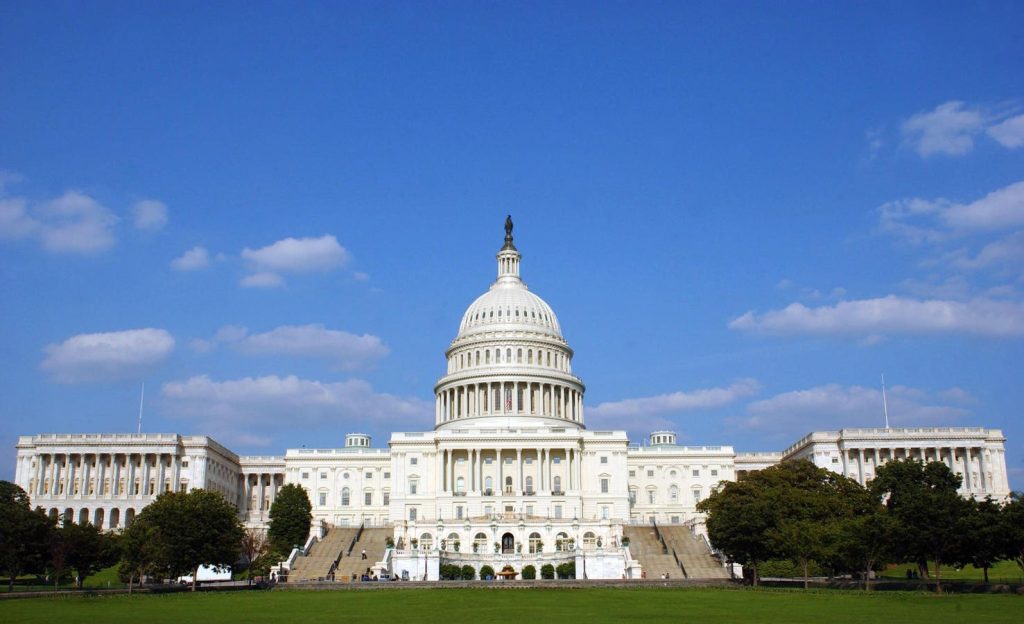Tax Notes Capitol Hill reporters Cady Stanton and Doug Sword discuss the hurdles facing the Tax Relief for American Families and Workers Act in the Senate, following its passage in the House with bipartisan support. The $79 billion bill includes provisions such as an expansion of the child tax credit, renewal of tax breaks from the Tax Cuts and Jobs Act, and other measures like low-income housing credits and technical corrections to retirement legislation.
Since the House passed the bill in January, confidence in its passage has waned as Senate Finance ranking member Mike Crapo and other Republicans have raised concerns about certain provisions in the bill, particularly related to the child tax credit expansion. Senate Majority Leader Chuck Schumer faces challenges trying to bring the bill to the Senate floor under a cloture motion, as some Republicans are united against it without more negotiations with Crapo. The procedural issues, along with the lack of a spending bill and election-year politics, further complicate the bill’s progress.
Among the issues raised by Senate Republicans are concerns about the income lookback provision for the child tax credit, identification number requirements for children, retroactivity of business tax breaks, and a provision affecting the employee retention credit. Senate Republicans, including Crapo, are seeking opportunities to amend the bill, potentially opening the door for Democrats to propose changes to further expand the child tax credit or other provisions. However, this could lead to a contentious amendment process and potential delays in passing the bill.
Without a spending bill, election-year politics complicating negotiations, and procedural issues limiting the bill’s prospects, the timeline for passing the Tax Relief for American Families and Workers Act is uncertain. Senate Finance Chair Ron Wyden and Ranking Member Crapo, along with House Ways and Means Chair Jason Smith, have been at the forefront of negotiations, but disagreements over key provisions have stalled progress. The bill may not see any movement until after the April 15 tax deadline, with other legislative priorities taking precedence in Congress.
The possibility of punting the tax bill to next year has been raised, with some Republicans considering waiting until after the 2024 elections to potentially pass a full extension of the Tax Cuts and Jobs Act through reconciliation in 2025. While some Senate Republicans deny intentional delays, others see the potential advantages of waiting for a more favorable political landscape. Overall, the fate of the Tax Relief for American Families and Workers Act remains uncertain as negotiations continue, and its passage faces significant roadblocks in the Senate.















